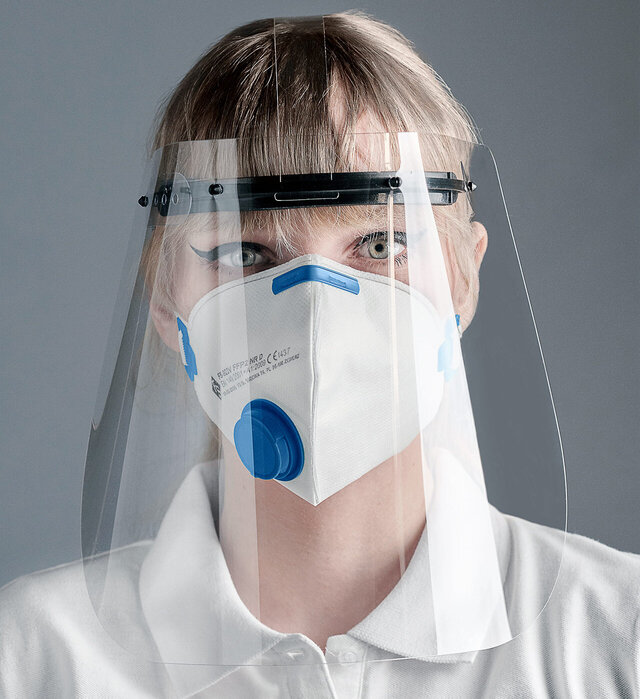Innovative response
Recent measures were taken by the Ministry of Labour and Social Protection in the social field, in order to mitigate the negative economic and social effects of this pandemic crisis. Regarding the social assistance benefits field, the following measures were taken:
- the allowance for free paid days granted for parents who are ensuring the child care during the temporary closure of educational units. Free paid days are granted to one of the parents for child care during the entire period when the educational units are closed. The parents must have children of up 12 years old or have a disabled child up to the age of 18, enrolled on pre-kindergarten units, pre-school units and school units. They must have a place of work which does not allow for homeworking or teleworking. The allowance for each free day is paid from the chapter on personnel expenses from the employer's income and expenses budget and is 75% of the basic salary corresponding to a working day, but no more than the daily correspondent of 75% of the average gross salary used at the foundation of the state social insurance budget (i.e. RON 5,429). The allowance is subject to personal income tax and social security contributions.
- some special measures in order to maintain the payment of the actual social assistance benefits, if the eligibility conditions are no longer met:
-ensuring for a period of 90 days, the payment of the monthly insertion incentive and the support allowance for raising children with disabilities. Thus, the payment of these rights will not cease during this period, if the parent will not be active on the labor market,.
-automatic extension of the rights of child raise indemnity (parental leave) in case of the beneficiaries who were receiving the child raising indemnity during the state of emergency. They will continue to receive this indemnity, during the entire period of the state of emergency even if the child has reached the age of 2 years, ...
Specific issues addressed and anticipated impact
All the efforts are focused on solving the current problems caused by the epidemic crisis and the expected impact is the continuity of the financial resources for every person and also for the vulnerable citizens. Ensuring a proper income during this time when one parent have to stay home to take care of children due to school closure. Regarding to the social assistance benefits, the measures taken are aimed to ensure the protection of the beneficiaries, to guarantee the timely payment of benefits, without delay, as well as to respond to all the needs of the beneficiaries, both at central and at county and local level.
Organisations/institutions involved
Ministry of Labour and Social Protection.
Potential issues
By increasing the degree of unemployment, part of the citizens will face with vulnerability (social exclusion, lack of jobs, lack of income, lack of professional education/professional reconversion). This segment of the population will be the targeted groups for social assistance benefits. The main issue, the big challenge will be to provide suitable resources that will help the vulnerable people to overcome the crisis.
- National/Federal government
Issues being addressed:
- Social effects of the crisis
Date Submitted:
11 May 2020

